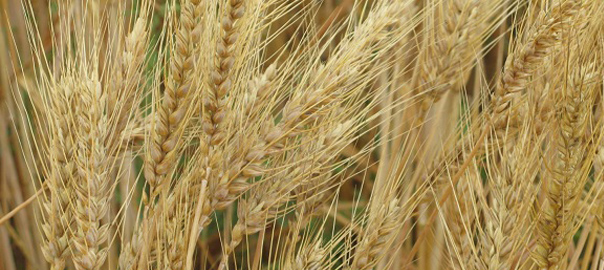Counting the Omer: Day 37 — Are You a Believer or a Skeptic?

Rabbi Lisa Edwards
According to Jewish legend, today (the 22nd of the Hebrew month Iyar) was the first Shabbat after the Israelites began to receive manna, the miracle food that God sent to feed us for 40 years in the wilderness.*
Moses trains us in its collection. Gather it each day, but only enough for that day, don’t leave any over until the next day, for it will rot. “And they didn’t listen to Moses, and people left some of it over until morning, and it yielded worms and stank,” [Ex. 16:20]. But God told Moses that on the sixth day their gathering will be twice as much.
Moses told them on Shabbat “Today you won’t find it in the field….But on the seventh day some of the people went out to collect, and they did not find any.” [Exodus 16:20,27]
Are you a believer or a skeptic? A rule keeper or rule breaker? Would you have kept some manna over until morning to see if it was still good or not? And on that first Shabbat, after the “training” period, would you have been confident or anxious about food for Shabbat? Hearing that “today you won’t find it in the field,” would you have stayed home or gone out to see if Moses was right? According to midrash, “every day the manna had a golden shine, and on Shabbat even more so.”** Would you have been home to discover that Friday’s yield was even more delicious on Shabbat? or would have you been out in the hot sun only to discover there was no manna in the field on that day? And if the latter, would you have panicked, afraid there would never be manna again?
Some of our BCC omer reflections have been based on the Jewish mystical teachings that each of these 49 days represents a unique combination of seven divine attributes. This 37th day of the Omer is gevurah shebeyesod, Rabbi Jill Hammer translates it as “the strength of connection.”
How can we strengthen our connections to God? to our own beliefs? to Judaism or its teachings? to each other?
The amount of manna collected each day for each person was, not coincidentally, called “an omer.” An omer is a an ancient (biblical) unit of measure of something solid. That we call our counting of days the counting of the “omer” comes from a measurement of grain at the harvest. But I like the comparison of omer as a day to the omer of manna we ate daily for forty years in the wilderness. Something solid and yet also a miracle. Something measureable, and yet immeasurable — “just the right amount.”
What I like best about manna is this description from Exodus 16:15-18: When the people saw manna for the first time, “each said to his brother, “Man-hu? what is it?*** because they did not know what it was. And Moses said to them: ‘That is the bread that God has given you for food. This is the thing that God has commanded: Collect some of it, each according to what you eat; you shall take an OMER per head, the number of your persons, each for whoever is in your tent.’ And the Israelites did so. And they collected — the one who took the most and the one who took the least. And they measured by OMER, and the one who took the most had not exceeded, and the one who took the least had not fallen short. Each had collected according to what they eat.”
Some read this as suggesting the amount of manna “miraculously” adjusted so that those who collected more than an omer miraculously had less than they had collected, and those who couldn’t gather a full omer miraculously had more, or perhaps the measurement of an OMER merely means “the amount any person needs.” But perhaps the real miracle is that each day in the wilderness those who had more gave enough to those who had less, so that no one ended up with too much or too little, but only what was just the right amount. Perhaps that is the lesson of the OMER — whether an omer of manna or an omer of a day counted in each of our lives — that our “connection” to God, to Judaism, to each other is “strengthened” by being there for each other, believing that the real miracle God wants us to receive is to be secure in the knowledge that together we can make sure each of us has what we need not only to survive, but to thrive, not only to stay alive, but to truly live.
Today is the 37th day of the OMER, making 5 weeks and 2 days of the OMER.
* [Exodus 16, see also Seder Olam 5 and The Jewish Book of Days by Rabbi Jill Hammer].
**Mekhilta Be-Shallah as quoted in Hammer, p.280
***Manna means “what is it?”




